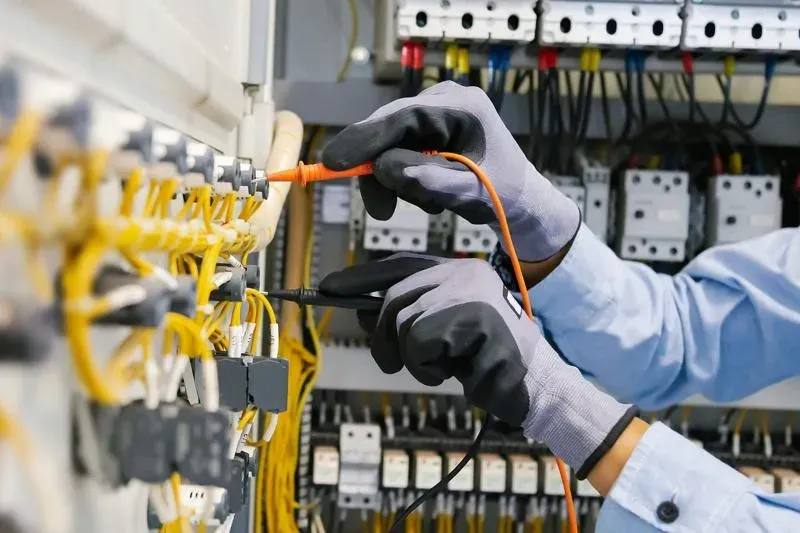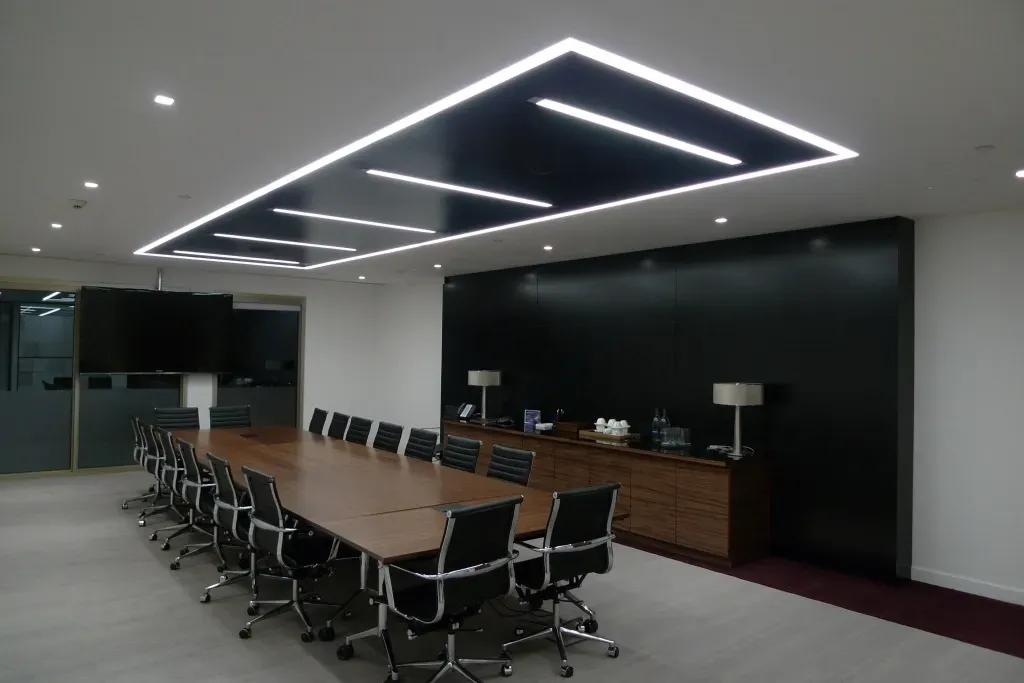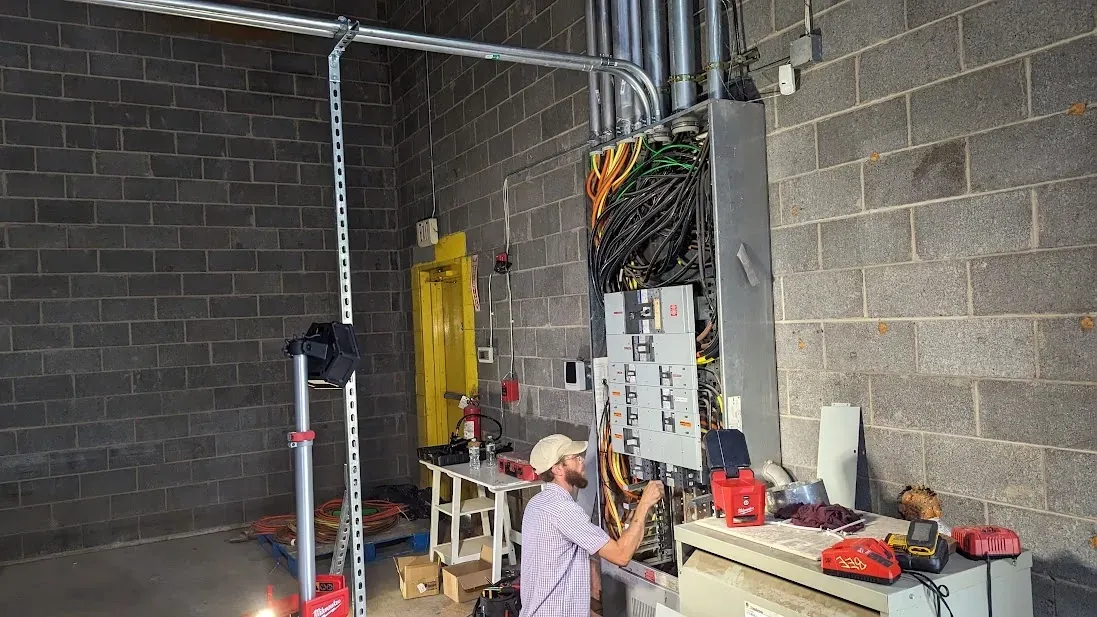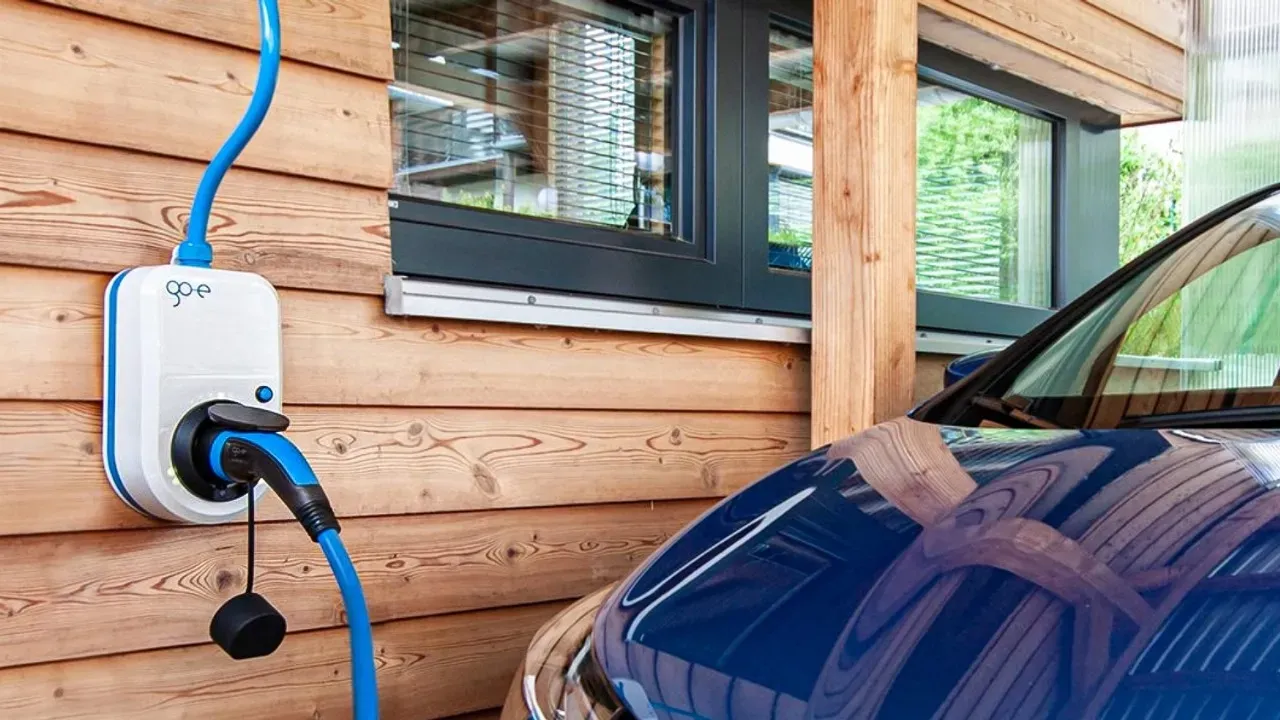Why You Should Hire a Licensed Electrician?
In the age of YouTube tutorials and weekend projects, it’s easy to believe you can take electrical work into your own hands. After all, how hard can it be to install a ceiling fan or replace an outlet? But when it comes to electricity, what seems like a simple fix can quickly turn into a serious—and dangerous—problem.
So, why hire an electrician? The answer goes beyond just convenience. It’s about protecting your property, your family, and yourself from risks that can’t always be seen until it’s too late. From ensuring your system is up to code to preventing fire hazards and future breakdowns, a licensed electrician brings knowledge, skill, and peace of mind to every project.
Why Hire an Electrician?
Hiring a professional electrician isn’t just a recommendation—it’s often a necessity. Electricity is one of the most complex systems in any building, and one wrong move can have serious consequences. From overloaded circuits to improper grounding, small DIY errors can result in fire hazards, electric shocks, system failures, or even voided home insurance policies.
Electricians undergo years of training, apprenticeships, and certification to understand the intricacies of electrical systems. They know how to safely navigate wiring layouts, handle high-voltage components, and comply with both local and national codes. Simply put, when safety is on the line, guessing isn’t an option.

Safety Comes First
Electricity can be unpredictable and dangerous. A small mistake like using the wrong wire gauge, overloading a circuit, or skipping a ground connection can result in deadly consequences. Electrical fires and electric shocks are often the direct result of poor installation or amateur repairs.
Licensed electricians are trained to follow strict safety protocols. They use the correct tools, test systems thoroughly, and ensure that everything—from outlets to breaker panels is safely installed and grounded. This dramatically reduces the risk of fire, equipment failure, or personal injury in your home or business.
Proper Diagnosis and Troubleshooting
Sometimes what seems like a minor issue—like a flickering light or a frequently tripping breaker—could be a symptom of a much larger problem. Untrained eyes might replace the bulb or breaker, only to have the issue return again and again.
Electricians are skilled at diagnosing complex electrical issues accurately. They use diagnostic tools to trace problems to the source, whether it's faulty wiring, aging circuits, overloaded panels, or hidden damage. This ensures that the root problem is resolved instead of just patching symptoms.
Code Compliance and Permits
Every municipality follows strict building and safety codes, especially when it comes to electrical systems. These codes are regularly updated to reflect modern safety standards and new technologies. DIY electrical work often violates these codes unknowingly, which can result in failed inspections, delays, fines or worse unsafe living conditions.
A licensed electrician knows how to pull the proper permits, follow NEC (National Electrical Code) standards and perform work that passes inspection the first time. This is especially important if you're planning a remodel, selling your home or upgrading your panel—because any unpermitted or non-compliant work will come back to haunt you.
Long-Term Cost Savings
DIY electrical work may feel cheaper upfront, but mistakes often lead to expensive problems later. From replacing damaged appliances to repairing burnt wires or even dealing with fire damage, the costs can spiral quickly.
Hiring an electrician ensures the work is done correctly the first time, which means fewer repairs, replacements, and risks over time. You also avoid the cost of tools, materials, and repeat trips to the hardware store, which many DIYers overlook when calculating their “savings.”
Time Efficiency
DIY projects often take far longer than expected, especially when it involves something as intricate as electrical work. Without the right experience or tools, you might spend hours or days troubleshooting a single issue.
Electricians bring experience and efficiency. They know what to look for, how to solve it, and how to complete the job quickly and safely. A job that might take you the whole weekend can often be done in a few hours by a professional with far better results.
Reasons to Hire an Electrician vs DIY Electrical Work
Aspect Hiring an Electrician DIY Electrical Work Safety Professionally trained for risk-free installation High risk of shock, fire, or personal injury Code Compliance Work passes inspection and follows all building regulations. Often violates current code and may require rework. Diagnosis & Repair Accurate troubleshooting and long-lasting solutions miss root causes, leading to future issues. Time Efficiency: Fast and effective work completed without delays Time Time-consuming trial and error. Long-Term Costs: Fewer repairs, reduced risk of appliance damage. Increased repair costs due to faulty installation. Warranty & Insurance Covered under the electrician's liability and workmanship warranty No protection for damage or errors.
When Should You Call an Electrician?
You should call an electrician whenever the work involves wiring, panel upgrades, or system modifications. Specific situations include:
- Installing or upgrading an electrical panel or circuit breaker
- Adding new outlets, switches, or lighting fixtures
- Installing ceiling fans, chandeliers, or dimmer switches
- Troubleshooting electrical surges, power outages, or tripped breakers
- Rewiring during renovations or remodeling
- Setting up smart home devices, security systems, or automation
- Installing EV chargers, solar inverters, or battery backups
Remember: If your project involves anything more than plugging in a device, it’s usually safer—and smarter—to bring in a licensed electrician.
Frequently Asked Questions
Q1: Is hiring an electrician worth the cost?
Yes. While it may cost more upfront than doing it yourself, hiring an electrician helps prevent costly future repairs, ensures safety, and protects your property’s value.
Q2: Can I install an outlet or switch myself?
It may seem simple, but adding outlets or switches often involves shutting off circuits, understanding wiring layouts, and ensuring code compliance. Mistakes can be dangerous—so it’s best to leave it to a pro.
Q3: What qualifications should I look for in an electrician?
Always hire a licensed and insured electrician. Check for certifications, experience, and client reviews. A reputable electrician will also offer transparent pricing and warranties for their work.
Q4: How do electricians ensure safety?
They follow strict protocols, use appropriate tools, and comply with national and local codes. Safety inspections, proper grounding, GFCI installation, and circuit testing are just some of their safeguards.
Q5: Can hiring an unlicensed electrician be risky?
Yes, extremely. Unlicensed work may not be up to code, putting your property and safety at risk. It can also
void your homeowner's insurance if something goes wrong.
Conclusion: A Safe Home Starts With a Pro
Electrical systems are not something to gamble with. Whether you're installing new fixtures, upgrading a panel, or troubleshooting a problem, it's always best to hire a licensed electrician. The risks of DIY are too great, and the benefits of professional expertise are too valuable to ignore.
At Bee-Lectric, we believe in safe, reliable, and high-quality electrical services. Our licensed professionals are trained to handle jobs of all sizes with the precision and care your property deserves.
Need Electrical Work Done Right?
Trust Bee-Lectric for expert, safe, and code-compliant electrical services. From troubleshooting and lighting installation to full panel upgrades, we’ve got you covered.



